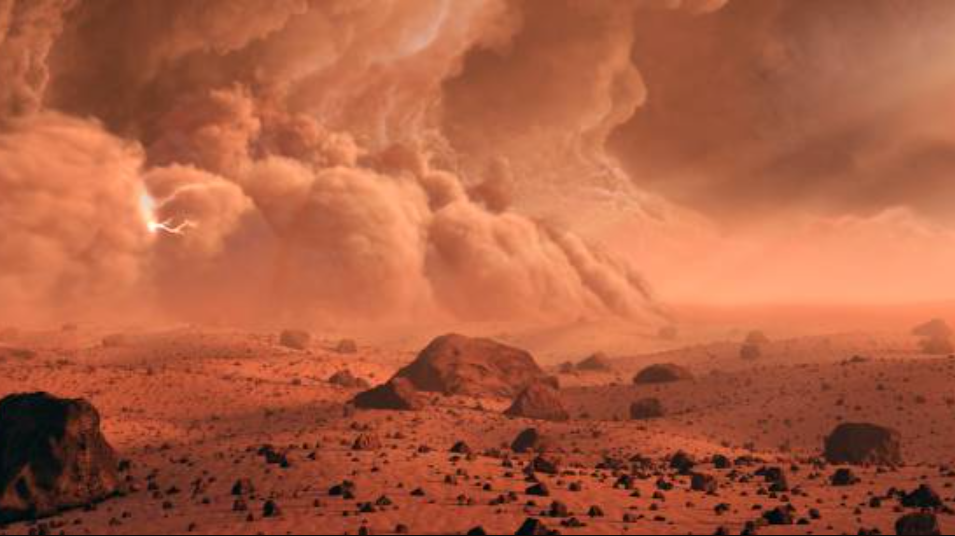The fourth planet from the Sun, Mars, has always piqued people’s curiosity because of mythology and the possibility of extraterrestrial life.
Over the decades, Mars has become a prime target for space exploration, with numerous missions launched to study its mysteries.
In a significant development, NASA has opened the door to private sector involvement in Mars missions for the first time. These commercial ventures aim to transport payloads and offer communication services to the red planet.
While the prospect of sending astronauts to Mars remains speculative, the desire to explore the planet persists.
Despite the challenges and risks involved, Mars exploration has seen considerable success. Since the 1960s, there have been 50 missions dedicated to studying Mars, with over half of them achieving their objectives. These missions have provided invaluable insights into Mars’ atmosphere, geology, and potential for life.
New Developments in Mars Missions

However, Mars exploration hasn’t been without setbacks, as evidenced by high-profile failures like the Schiaparelli lander crash in 2016. Nonetheless, public interest in Mars remains high, fueled by captivating images and speculations about the planet’s surface.
The cost of interplanetary missions is significant, with billions of dollars invested by space agencies worldwide. Yet, the emergence of commercial space exploration, spearheaded by companies like SpaceX, offers new possibilities for cost-effective and innovative approaches to Mars exploration.
NASA’s collaboration with commercial providers marks a departure from traditional in-house development, with a focus on competitive solutions to meet mission requirements. While this approach presents new opportunities, its long-term viability remains to be seen.
The prospect of human colonization of Mars has garnered both enthusiasm and skepticism. While visionaries like Elon Musk envision a future where humanity becomes interplanetary, others emphasize the importance of preserving Earth and promoting sustainability.
Despite these debates, history suggests that human exploration is often driven by a small but determined fraction of the population. As technology advances and interest in Mars persists, the dream of reaching the red planet may soon become a reality. Whether Mars will be humanity’s next frontier, only time will tell.


Comments are closed.